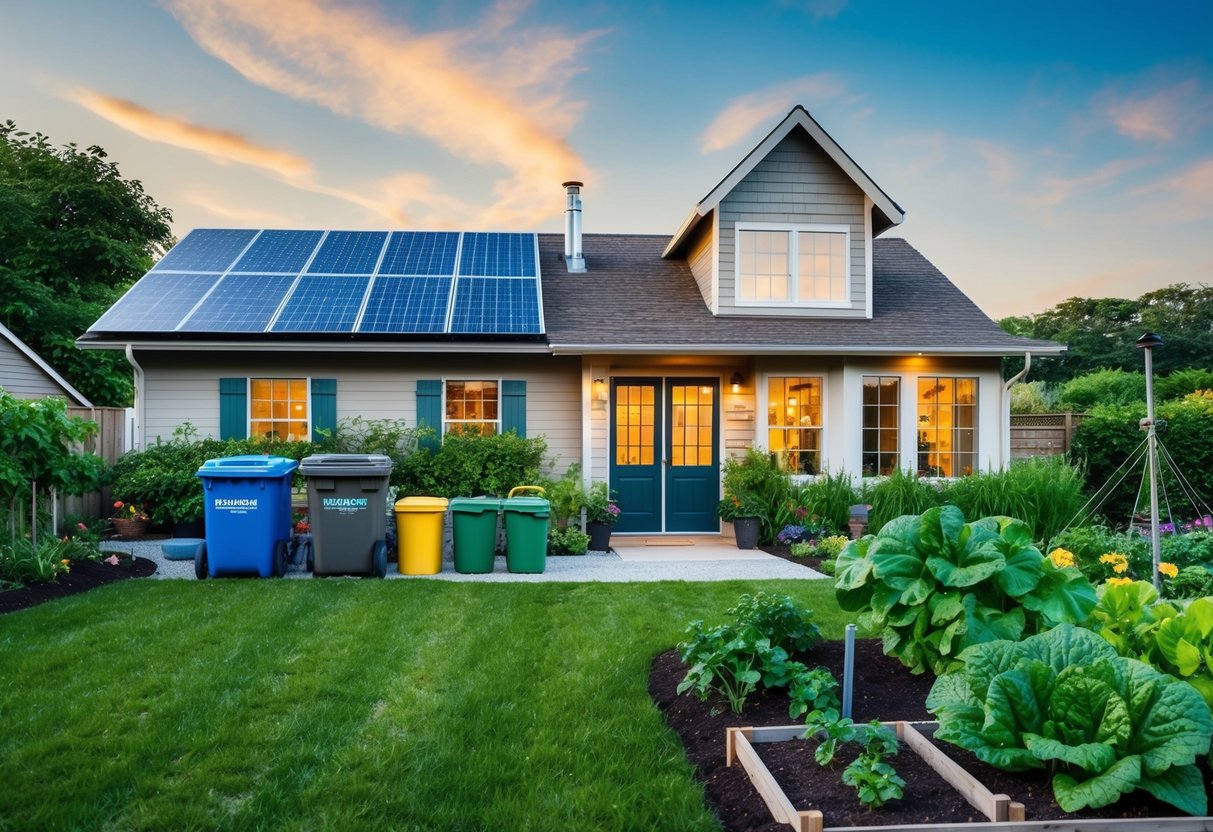Eco-Friendly Home Hacks: Sustainable DIY Solutions for Better Living
Enhancing Home Insulation
Proper insulation is crucial in maintaining energy efficiency. It helps maintain a consistent indoor temperature, reducing the need for heating and cooling. Insulation materials vary in effectiveness, with options such as fiberglass, foam, and cellulose offering different benefits. Evaluating and upgrading attic, wall, and floor insulation can prevent energy loss. Sealing gaps and cracks adds another layer of energy conservation. By investing in effective insulation, homes can achieve better energy regulation, resulting in savings on heating and cooling costs.
DIY Projects for Sustainability
Crafting eco-friendly items and reducing waste are crucial steps towards a more sustainable lifestyle. Two impactful projects include creating reusable produce bags and building composting systems at home.
Creating Reusable Produce Bags
Reusable produce bags can significantly cut down on plastic waste. To make these at home, select natural fibers like cotton or linen, which are durable and biodegradable. Cut fabric pieces based on desired size and sew three sides to form a pouch, leaving the top open. A drawstring closure can be created by folding the top edge, sewing, and threading a string through the hem.
These bags are great for any type of produce. Reusable bags are easily washable and light enough to carry to markets. Making them at home not only saves money but also allows for customization in size and design.
Building Composting Systems
Home composting systems transform organic waste into nutrient-rich soil, reducing landfill contributions. A simple bin composter can be constructed using a large plastic bin with small holes drilled in the sides for ventilation.
Add layers of brown (carbon-rich) materials like dried leaves, and green (nitrogen-rich) materials such as vegetable scraps. Stir often to speed up the decomposition. It’s crucial to maintain a proper balance of materials and ensure adequate moisture to support the composting process. With consistent care, the result is a sustainable, self-contained system that enriches garden soil and promotes plant health.
Waste Reduction Strategies

Implementing waste reduction measures can significantly minimize household impact on the environment. Efficient recycling habits and the use of sustainable trash bags play critical roles in this effort.
Improving Recycling Efforts
Effective recycling begins with understanding the correct separation of materials. Plastics, glass, metals, and paper often have specific guidelines for disposal which vary by locality. Incorrectly sorted items can contaminate batches, reducing the efficiency of recycling facilities. Residents are encouraged to check local recycling rules and adhere to them meticulously.
Cleaning items before recycling can also boost recycling rates, as residue decreases material quality. Incorporating bins designated for recyclables within the home simplifies the process and promotes participation. Education is essential; community programs and resources can help households stay informed about best recycling practices and any changes in policy.

